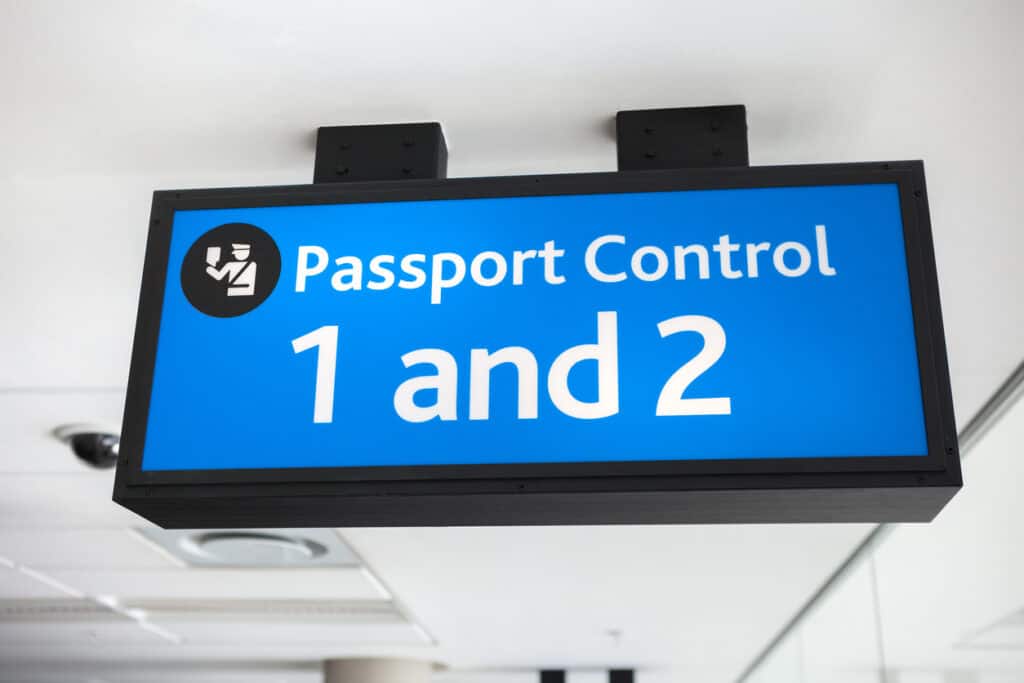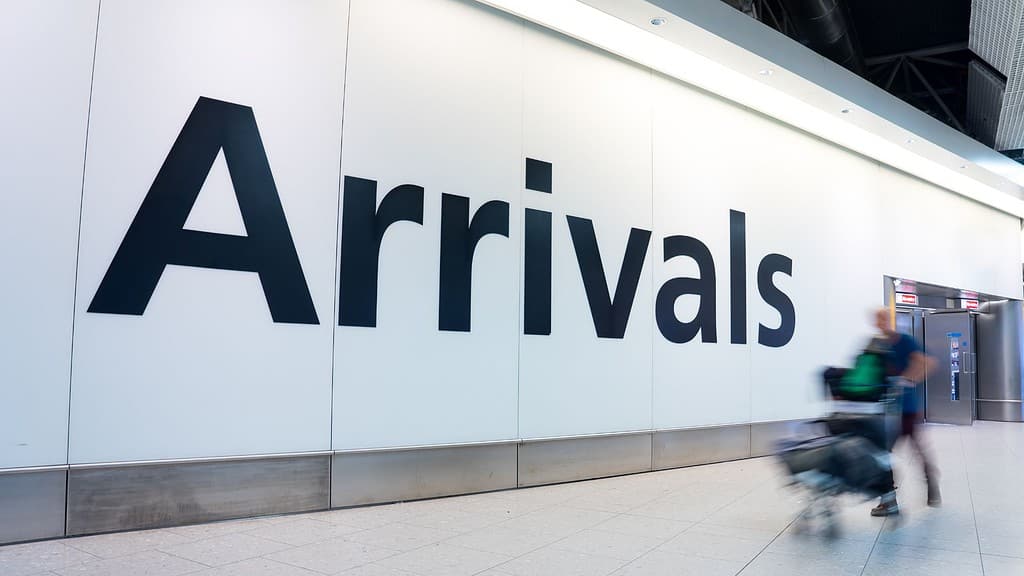Analysis of STEM apprenticeships by CaSE, and covered in the Independent, shows a decline in numbers and action is needed if apprenticeships are to be a meaningful part of the solution to the STEM skills gap.
More needs to be done to promote STEM apprenticeships
02 Sep 2015
CaSE analysis has revealed that STEM apprenticeships have become less popular since 2011 and too few young people are choosing the vocational route into a STEM career as an alternative to higher education. STEM apprenticeships make up just under 15% of all apprenticeships, but the vast majority are in lower level engineering courses and barely any are in science and maths.
Our analysis, which was covered in the Independent on Monday, used figures from the Further Education data library, published by the Skills Funding Agency and Department for Business Innovation and Skills. In late 2014 the library started publishing more detailed data that has allowed this type of analysis for the first time.
Of the 440,400 apprenticeships started in 2013/14, 65,190 (14.8%) were in STEM. In overall numbers, there has been a decrease in people taking STEM apprenticeships, down from 70,100 in 2011/12 (the data does not allow comparisons with earlier years). However, the proportion of all apprenticeships that are STEM has slightly increased from 13.4% to 14.8% over the same period. (Preliminary data for 2014/15 suggests this may have risen to 18% but the dataset isn’t complete yet.)
In 2013/14, over 60% of STEM apprenticeship starts were at the “intermediate level”, equivalent to GCSEs, and over 39% were at the “advanced level”, equivalent to A-levels. That leaves less than 1% (270) at the “higher level”, where they are similar to a university foundation degree. The numbers of people going on to finish and qualify with a higher apprenticeship is much lower again, with only 30 in 2013/14.
The two apprenticeship classifications we have counted as STEM here are the engineering and manufacturing technologies courses and the science and maths courses. However, the data reveals that it is the former category that makes up the overwhelming majority of STEM apprenticeships, with only 360 science and maths starts in 2013/14. That accounts for less than 0.1% of all apprenticeships!
The Government has committed to creating 3 million new apprenticeships by 2020 and making the qualifications “equal to higher education”. This analysis shows that the 3 million target will be difficult to achieve, and exceptionally-so if the aim is to boost the numbers taking higher level apprenticeships to rival degrees. Indeed, a report for the Social Market Foundation, written by the Government’s apprenticeship adviser Alison Wolf, recently said that the current government’s pledge to create three million new apprenticeships in the next five years, while also ensuring they deliver the scientific and technical skills UK businesses need to increase productivity, is impossible to meet under the current apprenticeship system.
The numbers are a stark reminder of the challenge we face to raise the number and quality of apprenticeships to plug the STEM skills gap. STEM apprenticeships at all levels are valuable but we need to ask why take-up of higher level ones is so poor. CaSE is responding to a number of consultations at the moment where we will be making the case for better coordination and greater investment in vocational STEM education.
Related resources

CaSE has launched two projects on immigration into the R&D sector, exploring new messaging approaches for this topic and building a cohesive evidence base of the barriers posed by current policy.

A week on from the publication, Policy Manager Camilla d’Angelo takes a look at some of the questions that remain to be resolved and what to expect next for the Immigration White Paper.

Policy Manager Camilla d’Angelo takes a look at what the Immigration White Paper means for attracting international R&D talent to the UK.

In advance of the forthcoming Immigration White Paper, CaSE and 35 other organisations have written to select Westminster Parliamentarians.